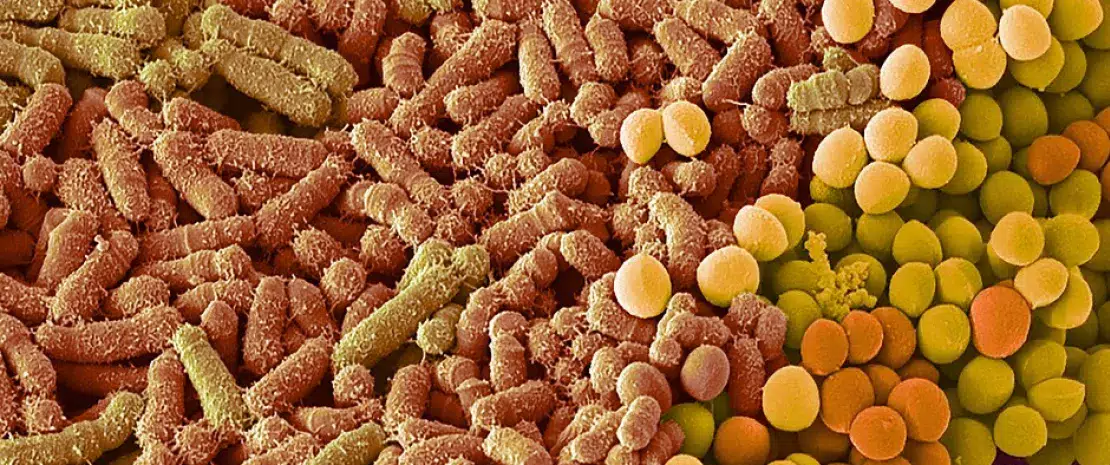Irritable bowel syndrome: is fecal microbiota transplantation effective in the long term?
This follow-up study1 confirms that the beneficial effects of fecal microbiota transplantation from a single “superdonor” on symptoms of irritable bowel syndrome and quality of life are maintained one year after treatment.
Lay public section
Find here your dedicated section
Sources
This article is based on scientific information

About this article
In a previous study2 it was shown that fecal microbiota transplantation (FMT) is effective after 3 months in improving abdominal symptoms, fatigue and quality of life in patients suffering from irritable bowel syndrome (IBS). In this new study, the researchers wanted to extend the follow-up of their cohort to one year in order to evaluate long-term effects.
Benefits persist at 1 year
77 of the 91 IBS patients who had responded to FMT in the previous study (≥ 50-point decrease in IBS symptom severity score) were the subject of a follow-up for 1 year after FMT. Of these patients, 31 had received a 30g stool graft and 40 a 60g stool graft from a single “superdonor".
"Superdonor"
A 36-year-old Caucasian male described as a “superdonor” because he was healthy, had a normal BMI, and took regular exercise. He was born via vaginal delivery and was breastfed. He was not taking any medication, had been treated only three times with antibiotics during his life, and regularly took nutritional supplements.
A total of 86.5% in the 30g group and 87.5% in the 60g group had maintained their response to FMT one year after treatment. In addition, at 1 year, abdominal symptoms and fatigue were significantly less severe and quality of life significantly better than at 3 months. Furthermore, 32.4% of patients in the 30g group and 45% in the 60g group had achieved complete remission at 1 year, compared to 21.6% and 27.5%, respectively, at 3 months (p = 0.1 and p = 0.4, respectively). All relapsed patients (n = 10) regularly used medication. There was no difference in response rate or symptom improvement between men and women, or between the various IBS subtypes.
Improved gut bacterial diversity
In the previous study, the dysbiosis index (DI) had not improved at 1 month after FMT, whereas it had improved at 1 year in this study, indicating an increase in bacterial diversity. In both the 30g group and the 60g group, the levels of several bacteria were significantly higher at 1 year after FMT. The presence of Bacteroides stercoris, Alistipes spp. and Bacteroides spp. & Prevotella spp. was inversely correlated with IBS severity and patient fatigue for both groups, while the same inverse correlation was seen for Parabacteroides spp. in the 60g group. No bacterial markers were significantly changed in the group of patients who had clinically relapsed at 1 year after FMT. In addition, fecal levels of certain short-chain fatty acids were also altered (increase in isobutyric and isovaleric acids, decrease in acetic acid) in both complete remission and responder patients, suggesting that their microbial metabolism had shifted from a saccharolytic to a proteolytic fermentation pattern at 1 year after FMT.
Apart from mild intermittent abdominal pain, diarrhea and constipation during the first two days after FMT, no adverse events were reported during the follow-up period. As in the first study, FMT again confirms its potential. It holds great promise for the long-term treatment of IBS symptoms and for the restoration of the gut microbiota.






